




HOME / HEALTH / NEW SOLUTIONS
Title
Still Using Pads After Pregnancy? Here’s What Every New Mom Needs to Know About Hidden Risks, Leaks, and a Safer Solution (Before It’s Too Late)
"85% OF NEW MOTHERS EXPERIENCE BLADDER LEAKS AFTER BIRTH, BUT NO ONE PREPARED THEM FOR IT," WARNS OB/GYN
Title

Title
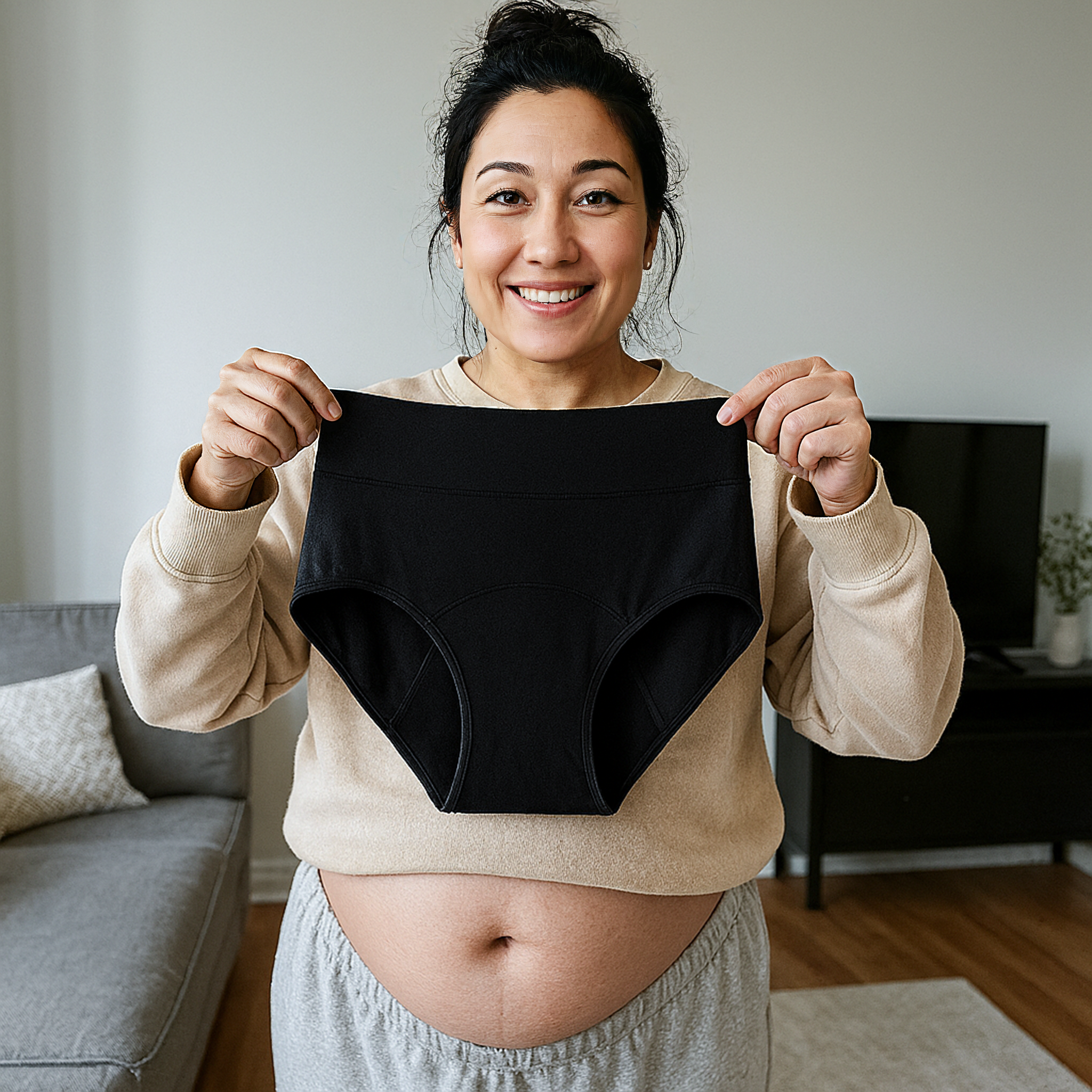

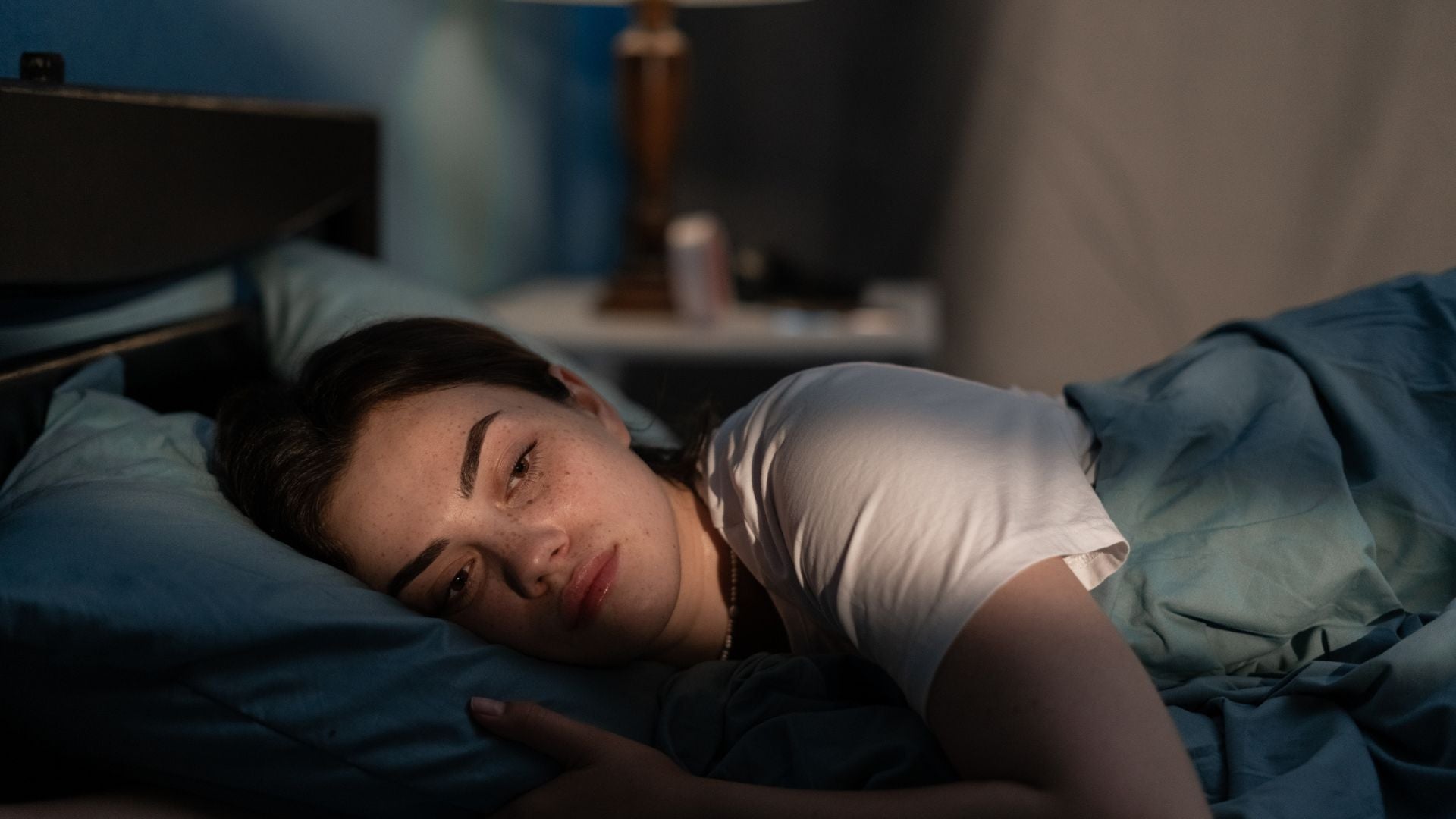
The Science Behind Postpartum Bladder Leaks
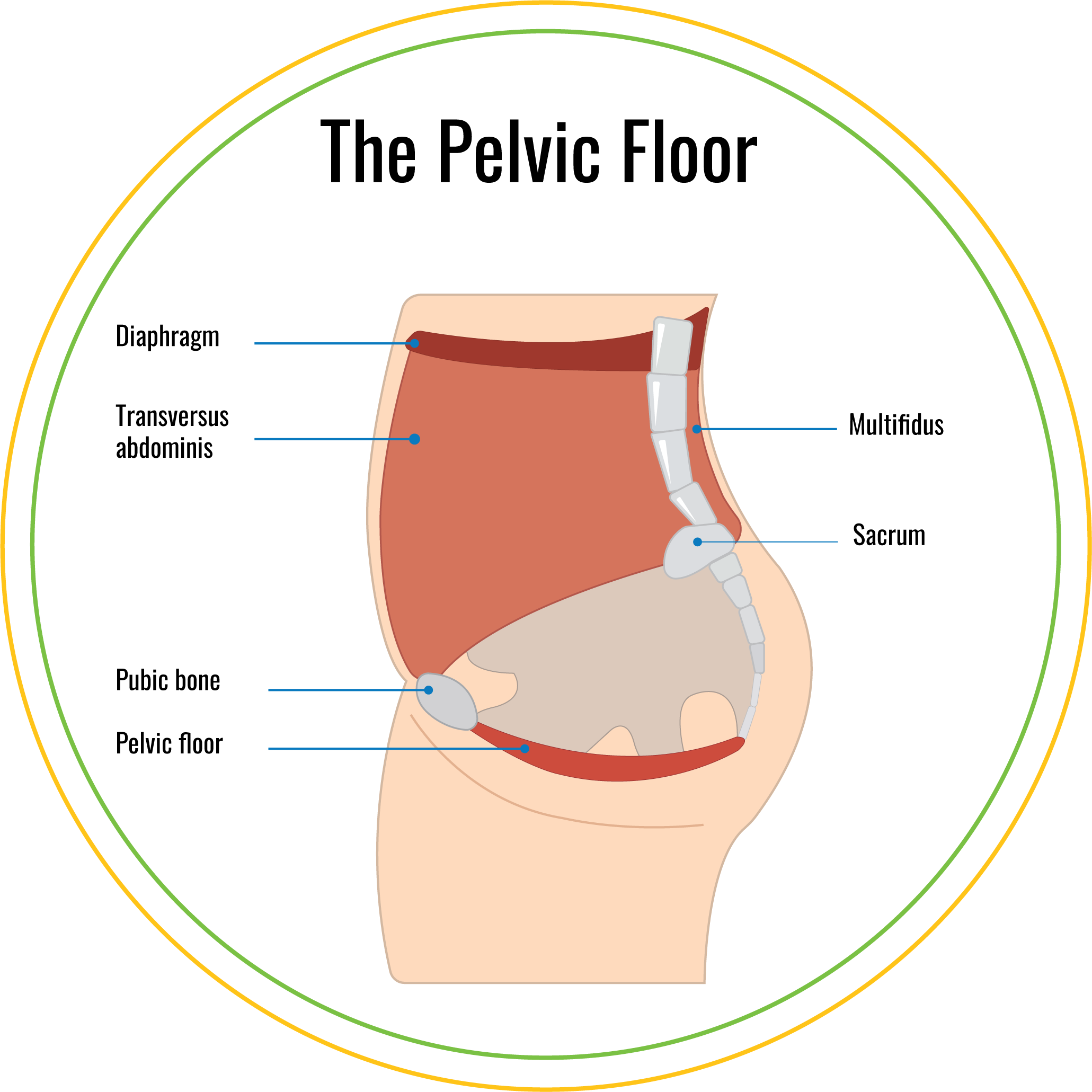
Why Your Doctor Probably Won't Bring This Up

The "Just Wear Pads" Problem

The Patient Who Refused to "Just Live With It"

What I Discovered Changed My Practice
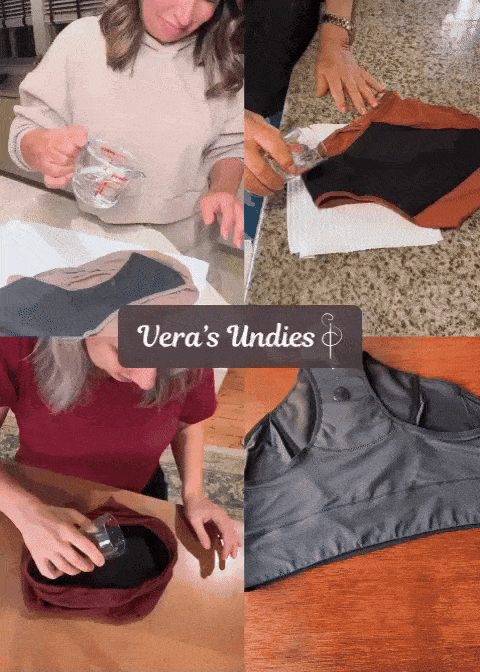
What makes Vera's underwear so different:
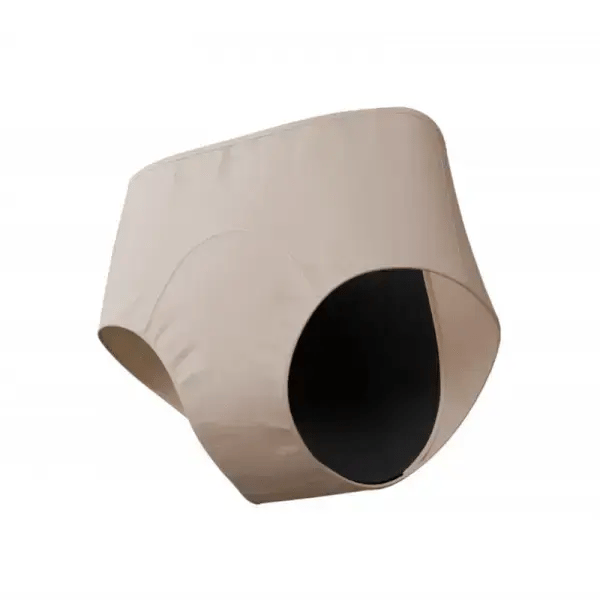
Why Handmade Makes All the Difference
The Results That Made Me a Believer
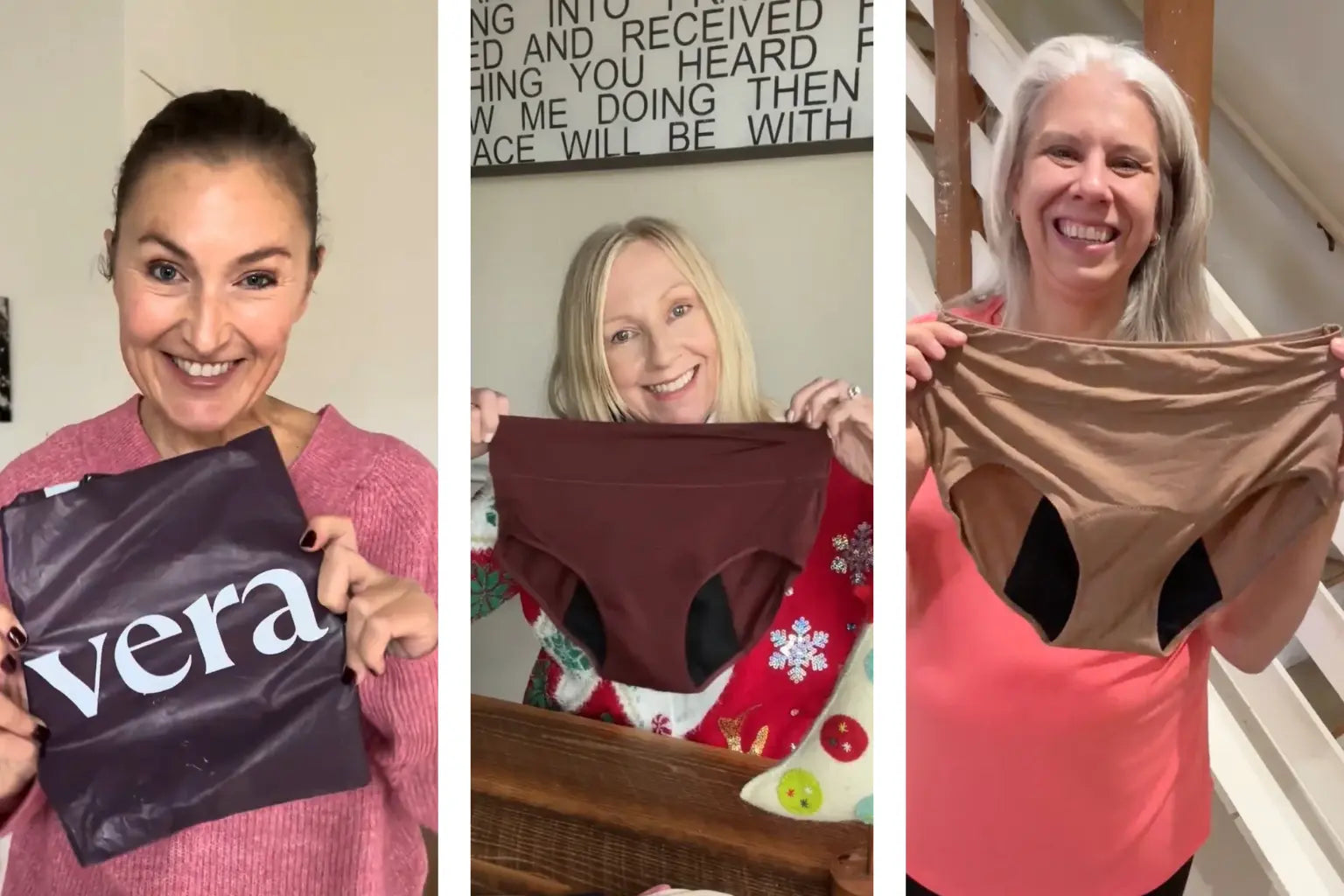
The Devastating News That Changes Everything
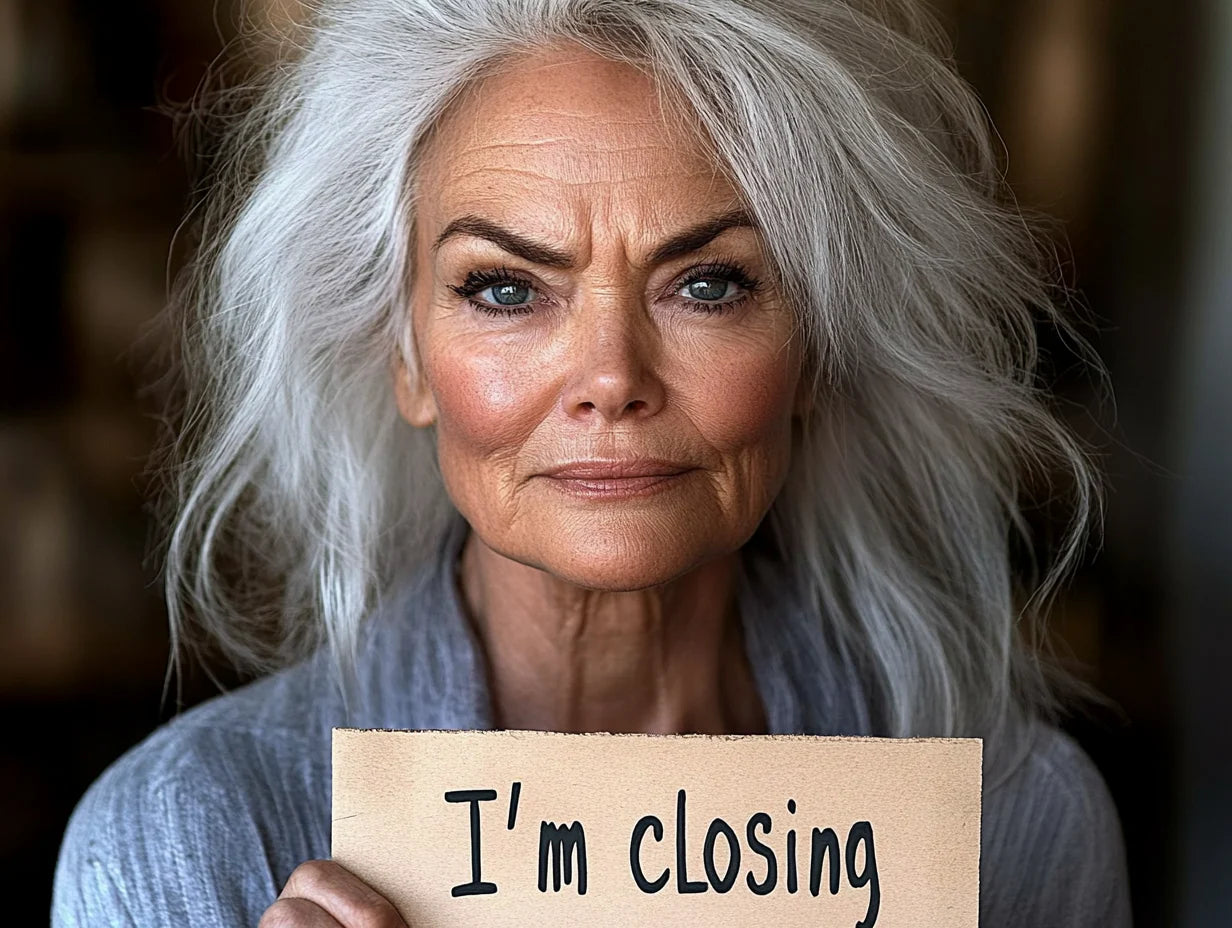
What You Need to Know Before You Give Birth
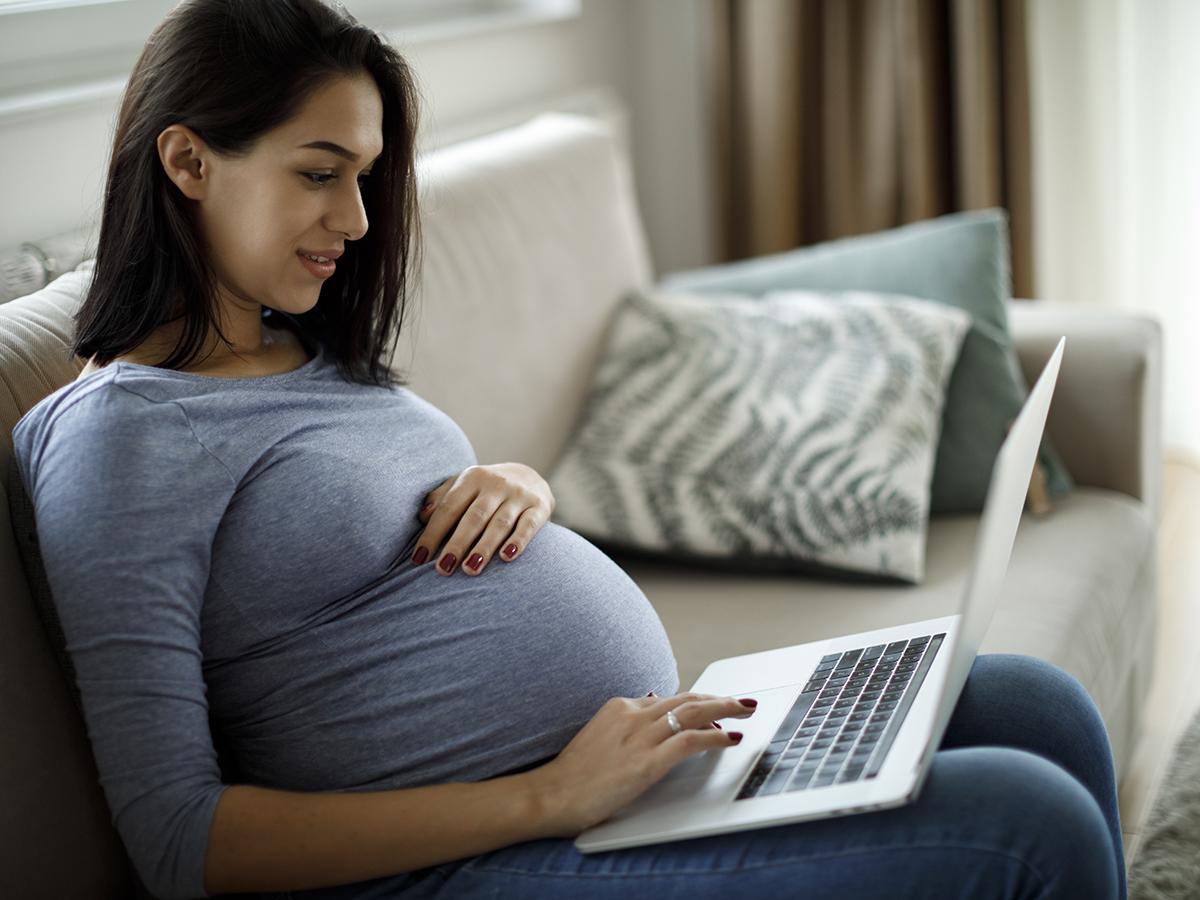

Final Thoughts from Your Doctor
Title